Liberian Civil Societies Present Joint communiqué, Urge Government for Reforms to Boost Domestic Finance Ahead of Global Summit"
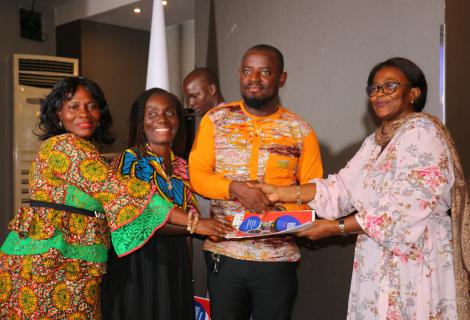
National Public Dialogue on Financing for Development
Ahead of the 4th International Conference on Financing for Development in Sevilla, Spain, ActionAid Liberia together with leading Liberian civil society organizations Tuesday formally submitted a joint communiqué to the Government of Liberia and its development partners.
This communiqué outlines eight critical demands and issues a strong call to action for both national leaders and international stakeholders to: close Liberia’s domestic resource mobilization gaps, reject austerity measures and IMF-imposed conditionalities, Push for progressive tax reforms that ensure fair and equitable revenue generation, Curb illicit financial flows and advance financial transparency.
Read the full communiqué here:
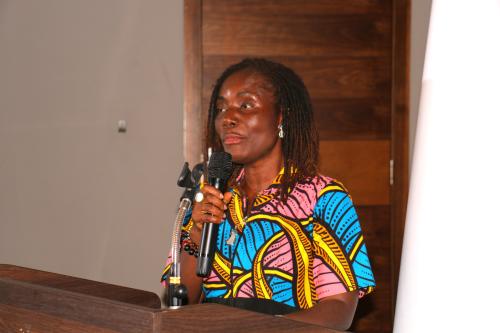
The communiqué is birthed out of the June 13th National civil society organizations dialogue that brought together about one hundred civil society leaders, academia, social justice movements, feminists’ networks, alliances, community based-organizations, international non-governmental organizations, on domestic resources mobilization (DRM) and financing for development.
The CSOs Dialogue, civil society leaders held in-depth discussions that shaded lights on the urgency of coordinated and inclusive response to development, financing challenges. All geared at shaping Liberia’s economic policies so that it transform ordinary Liberians lives.
They also identified barriers that they believe have for a protracted period undermine Liberia’s capacity to refinance its development through domestic means while at the same time giving first-hand data and statistics of the country’s debts load.
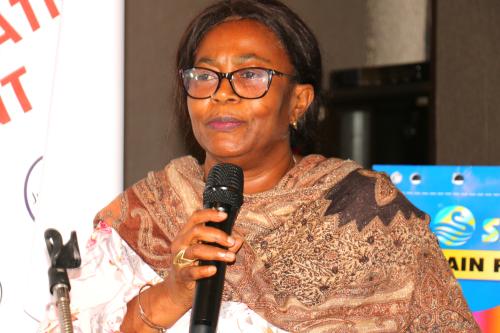
She noted that the Liberian government has already begun implementing mechanisms to enhance domestic resource mobilization by embracing digital transformation. She highlighted institutions such as the Ministry of Post and Telecommunications, the Liberia Revenue Authority, and the extractive sectors as key players in this transition.
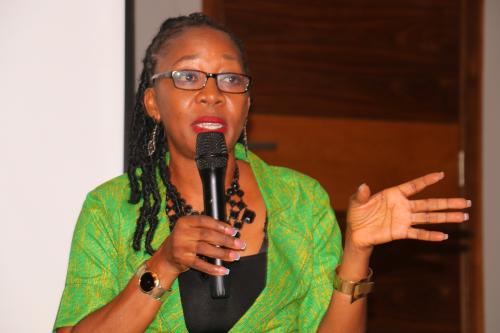
“Right now, Liberia is at a crossroads because donors are gone,” Eastman said. “We have to start thinking internally of how we can raise resources for ourselves.”
Continuing her remarks, she added, “We cannot depend on donors anymore because the funds are no longer there. I want to commend ActionAid for their work their research is factual, and it reflects the reality we’re face with. We can no longer afford to rely solely on donor support.”
Eastman concluded by aligning with CSO leaders on the importance of prioritizing education and health. These are the sectors, she stressed, that when adequately invested in, can truly transform Liberia.
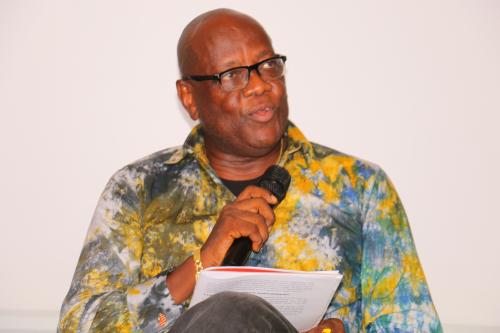
“Liberia doesn’t need to beg too much we need to trade,” he asserted. “We must show our partners what we have, what we’re offering, and what we stand to gain. That’s how we move forward.”
Witherspoon announced some of the efforts currently being undertaken by the FDA is a cost benefit analysis to know that Liberia stand to loss by putting up a forest into conservation, as compared to giving the forest for other usage.
Witherspoon also shared some of the current initiatives being undertaken by the Forestry Development Authority (FDA). He revealed that the FDA is conducting a cost-benefit analysis to better understand the trade-offs involved in forest conservation.
“We’re assessing what Liberia stands to lose by placing forests under conservation, compared to the potential benefits of allocating them for other uses,” he explained. “This analysis will help us make more informed decisions about how best to manage our natural resources in a way that supports both environmental sustainability and economic growth.”